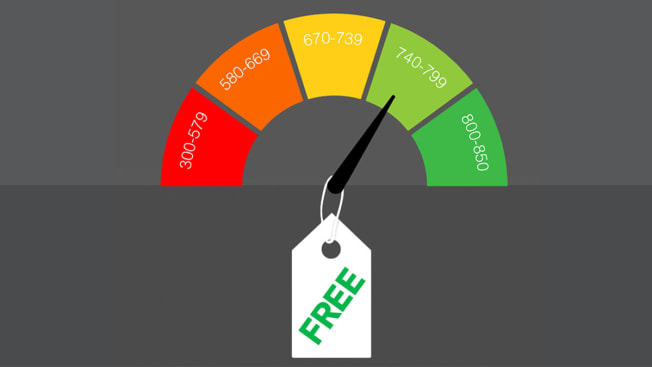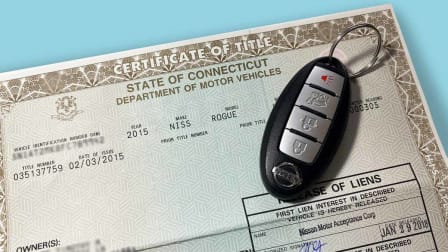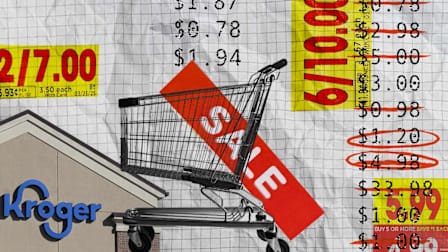Building a Better World, Together

Join with us to make a safer, fairer, healthier marketplace.
Keeping Credit Reports Free
In September, the nation’s three biggest credit bureaus said they would permanently offer consumers free weekly credit reports, at AnnualCreditReport.com.
Free access is important because the information in credit reports can have a profound effect on many elements of one’s financial life, including the ability to get an auto, home, or student loan; use a credit card; rent an apartment; sign up for a cell phone plan; and even get a job.
Credit reports are also notoriously rife with errors. A nationally representative 2022 survey by CR (PDF) found that 14 percent of people who ever checked their credit report found an error the last time they checked; and a 2012 Federal Trade Commission study revealed that 1 in 20 consumers found an error that could result in less favorable credit terms.
The bureaus began providing free reports during the COVID-19 pandemic, but the policy was set to expire at the end of 2023.
CR pushed for years to make credit reports permanently free to consumers, and more accurate. As part of our 2021 Credit Checkup project, a third of the nearly 6,000 volunteers who examined their reports told us they found errors. We collected almost 50,000 petition signatures calling for free access to reports. And we met with the industry’s trade group shortly before the September announcement.
Please support our efforts by signing our new petition, urging the bureaus to do more to address credit report errors. And read “Credit Bureaus Equifax, Experian, and TransUnion Announce Permanent, Free Weekly Access to Credit Reports” for advice on how to correct mistakes on your own reports.
Call to Action
CR recently published an article revealing the dangers of water beads, tiny gel balls that are marketed as toys but have sent thousands of children to emergency rooms. When children ingest water beads—which look like candy—the beads enlarge in their stomach or intestines, causing serious injuries and, in some cases, resulting in death. Sign CR’s petition calling on the Consumer Product Safety Commission to ban the sale of water beads as toys and to secure recalls of water beads that are already in American homes.
Protecting Our Privacy
What’s at stake: Every time we buy something on the internet—or merely browse for a product—our online security and personal privacy are compromised, as companies track our every click. They then can sell what they learn to anyone who will pay for the information. Our data is often being used by marketers looking to sell us stuff. But it can also be employed in ways that can result in denying you a loan, a job, or insurance coverage on the basis of race, gender, or other private info.
What CR is doing about it: CR has long fought to give consumers more control over their personal data.
In recent years, for example, we’ve worked closely with state legislators to develop strong data privacy laws, and strengthen weak ones. But even when such laws give consumers the right to stop the sharing and selling of their information, exercising those rights—one company at a time—can be impossibly time-consuming.
That’s why CR recently launched Permission Slip, a free mobile app that reveals the kinds of information about you that companies collect, trade, and sell. Then, if you choose, a simple tap will send a request to those companies to delete your accounts or stop selling your information. And the app will even follow up with the companies later to help ensure that your request has been fulfilled.
As of mid-October, consumers had initiated more than a million opt-out and deletion requests through Permission Slip.
What you can do: You can learn more at permissionslipcr.com, and download the free app at Apple’s App Store or the Google Play store.
Editor’s Note: This article also appeared in the January 2024 issue of Consumer Reports magazine.




